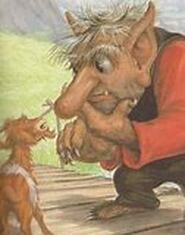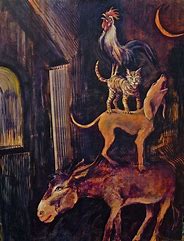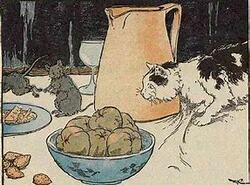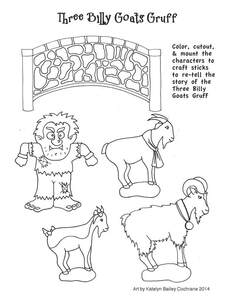


Dislikes. Through explorations in acting and singing, the students can draw comparisons from the story and their own experiences to become better at determining their own preferences.
Retelling a story or fable with a moral is what these Mini-Musicals are all about. According to the advice of my teacher friends, I have included ideas and worksheets to help meet some of the Common Core Objectives for ELA. The best accolade I ever got from mounting one of these shows came from two little boys. The confided to their dad that they did not know why I kept telling them how proud I was of their hard work. They did not feel like it was work at all. They were having so much fun!
Who says learning can't be fun?




 RSS Feed
RSS Feed